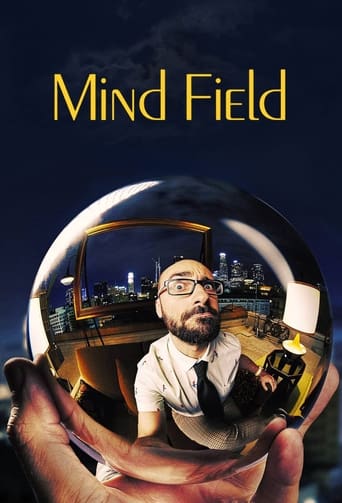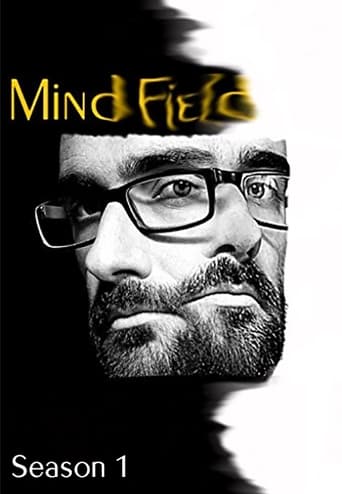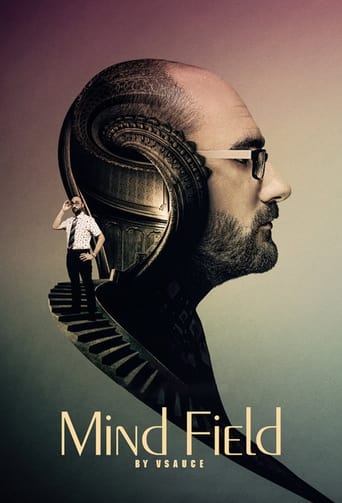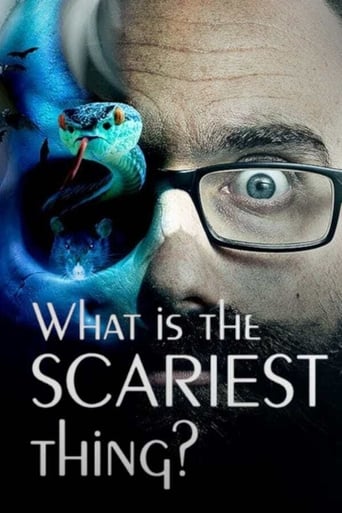It's all in your head.
在心灵领域,主持人迈克尔·史蒂文斯(Michael Stevens)将他对科学的热情带入了他迄今最雄心勃勃的学科:关于人类行为,我们仍然知之甚少。 通过使用真实的主题(包括客座明星和迈克尔本人),Mind Field揭示了人类心灵中一些令人印象最深刻,最有意义且最不为人所知的方面。 通过专家访谈,来自历史实验的罕见镜头以及工作中人性的崭新,开创性的演示,Mind Field探索了我们知道(不知道)人们为什么会这样的令人惊讶的事情。
在心灵领域,主持人迈克尔·史蒂文斯(Michael Stevens)将他对科学的热情带入了他迄今最雄心勃勃的学科:关于人类行为,我们仍然知之甚少。 通过使用真实的主题(包括客座明星和迈克尔本人),Mind Field揭示了人类心灵中一些令人印象最深刻,最有意义且最不为人所知的方面。 通过专家访谈,来自历史实验的罕见镜头以及工作中人性的崭新,开创性的演示,Mind Field探索了我们知道(不知道)人们为什么会这样的令人惊讶的事情。
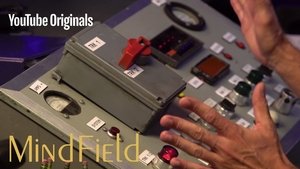
播出日期: 2017-12-06
运行时间: 30 min
概述: Would you reroute a train to run over one person to prevent it from running over five others? In the classic “Trolley Problem” survey, most people say they would. But I wanted to test what people would actually do in a real-life situation. In the world’s first realistic simulation of this controversial moral dilemma, unsuspecting subjects will be forced to make what they believe is a life-or-death decision.
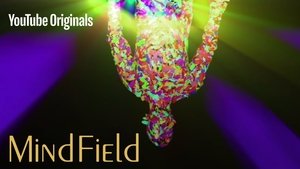
播出日期: 2017-12-06
运行时间: 30 min
概述: Do psychedelic drugs really bring about self-healing and personal enlightenment? New research says they may. In this episode, I travel to the Amazonian jungle of Peru to experience the mind-expanding effects of the psychedelic brew Ayahuasca. I’m joined by Imperial College London’s Head of Psychedelic Research, Dr. Robin Carhart-Harris, who measures the impact of Ayahuasca on my brain.
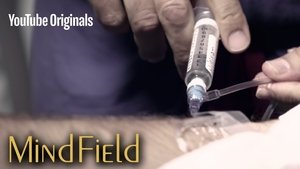
播出日期: 2017-12-06
运行时间: 30 min
概述: Psychology. Neuroscience. Drugs. All can be tools of interrogation. In this episode, an expert shows me how to coerce unsuspecting subjects into signing false confessions; a police psychologist questions me about my personal life after I am injected with a truth serum; and I match wits against a new brainwave-reading lie-detection method developed at Northwestern University.
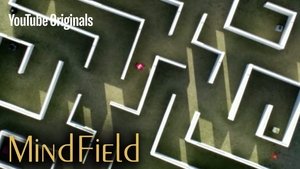
播出日期: 2017-12-06
运行时间: 30 min
概述: Technology isn’t just changing our lives. It’s literally changing our brains -- and maybe for the better. In this episode, I’m a human lab rat in a groundbreaking study at UC Irvine, where scientists test how playing 3D video games affects my spatial memory. Will 10 days of gaming improve my ability to physically navigate a giant, 60-foot maze? And will an fMRI machine detect any physical changes to my brain?
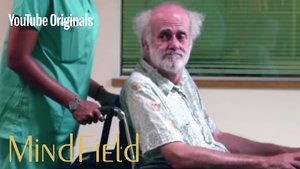
播出日期: 2017-12-13
运行时间: 30 min
概述: What makes a hero? Dr. Philip Zimbardo, the psychologist behind the infamous Stanford Prison Experiment, now runs seminars to teach everyday people how to be heroes. But can heroism be learned? I put his unsuspecting students into a fake crisis situation to see if they would act heroically. Also, I asked employees to help me run a seemingly dangerous experiment, to see if they would blow the whistle to stop me.
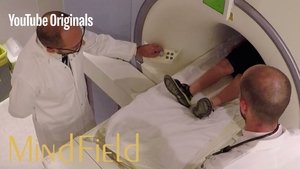
播出日期: 2017-12-20
运行时间: 30 min
概述: Exactly how do placebos work? Researchers believe that, through the power of suggestion, placebos may unleash the power of our own subconscious minds to cure ourselves. I was honored to participate in McGill University’s groundbreaking study of an accessory-assisted placebo. Could a fake, non-functioning “Sham Brain Scanner” enable children with ADHD and other neurological conditions to alleviate their own symptoms?
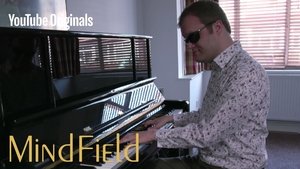
播出日期: 2017-12-27
运行时间: 30 min
概述: Scientists can’t dissect living people’s brains to study their function. But by examining the behavior of people whose brains are atypical (due to stroke, injury, or being born that way), we can learn a lot about all our brains. In this episode, I travel to London to meet a blind, autistic savant with astonishing musical abilities, and I volunteer to have my own brain’s function temporarily disrupted at UCLA’s Neuromodulation Lab.
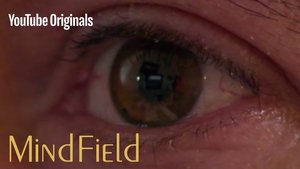
播出日期: 2018-01-03
运行时间: 30 min
概述: Our nervous system is fundamentally electric. We move our arm by sending a signal to the muscles that control it. That means we can bypass our brains and use electricity to control our bodies, or use our minds to control other bodies. In this episode, I explore how we can use electricity and our brains to control cockroaches, move other people’s limbs, restore motion to people who are paralyzed, and even read people’s minds.
